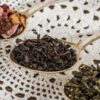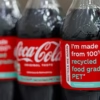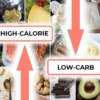Dangerous Foods to Reheat: What Turns Toxic and Why
- Food Safety, Health & Wellness
- February 18, 2025
 Food Manifest
Food Manifest 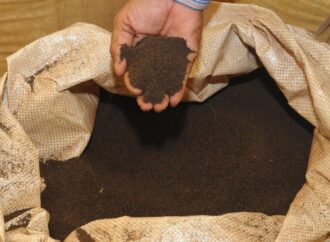
Key Update Food Safety Officers seized 13.5 tonnes of adulterated tea powder worth ₹21.60 lakh from a tea adulteration unit in Amathur village near Virudhunagar, Tamil Nadu, on Saturday. The action followed a tip-off, prompting a surprise inspection by a team led by Designated Food Safety Officer S. Mariyappan. During the first check at a
READ MORE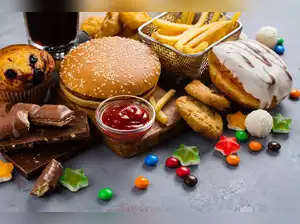
Key Update The Economic Survey 2025–26 has, for the first time, categorised obesity and unhealthy diets as economic risks rather than only public health concerns. It warns that rising obesity levels could weaken productivity, increase healthcare expenditure and place long-term pressure on public finances. Ultra-processed foods are driving unhealthy diets A major factor behind the
READ MORE
Key Update The Kerala Co-operative Milk Marketing Federation (Milma) has partnered with the National Dairy Development Board (NDDB) to set up a food testing laboratory in Kochi, strengthening testing infrastructure for the dairy and food sectors in the region. The facility, operating under NDDB CALF (Centre for Analysis and Learning in Livestock and Food), will
READ MOREKey Update Few food rumours spread as quickly as the claim of “plastic rice.” Viral videos showing grains that bounce, float, or react to fire often resurface online, triggering anxiety—especially in countries where rice is a daily staple. Is Plastic Rice Real? The rumour gained traction in the mid-2010s through social media and messaging platforms,
READ MORE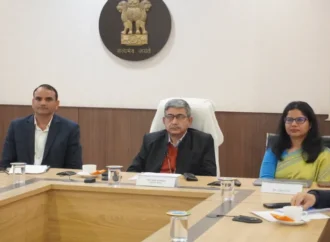
Key Development FSSAI CEO Rajit Punhani inaugurated a first-of-its-kind pilot training programme on food safety risk assessment, jointly developed by FSSAI and the World Health Organisation (WHO). The programme offers a structured curriculum from basic to advanced levels, aligned with international risk analysis principles and tailored to India’s regulatory needs. FSSAI aims to strengthen risk
READ MORE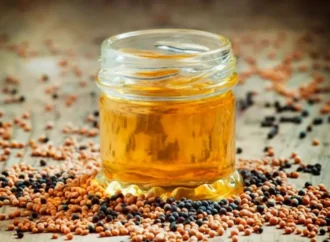
Key Development A routine check by NAFED (National Agricultural Cooperative Marketing Federation of India) revealed large-scale mustard adulteration in Madhya Pradesh after a buyer flagged poor quality during lifting. Granules sold as mustard dissolved in water, confirming they were clay. Nearly 40% of the mustard procured under the MSP (Minimum Support Price) scheme in Sagar
READ MORE
